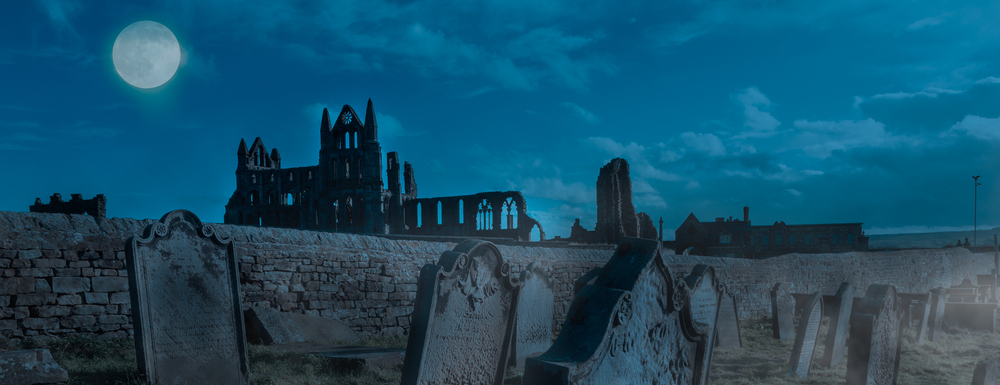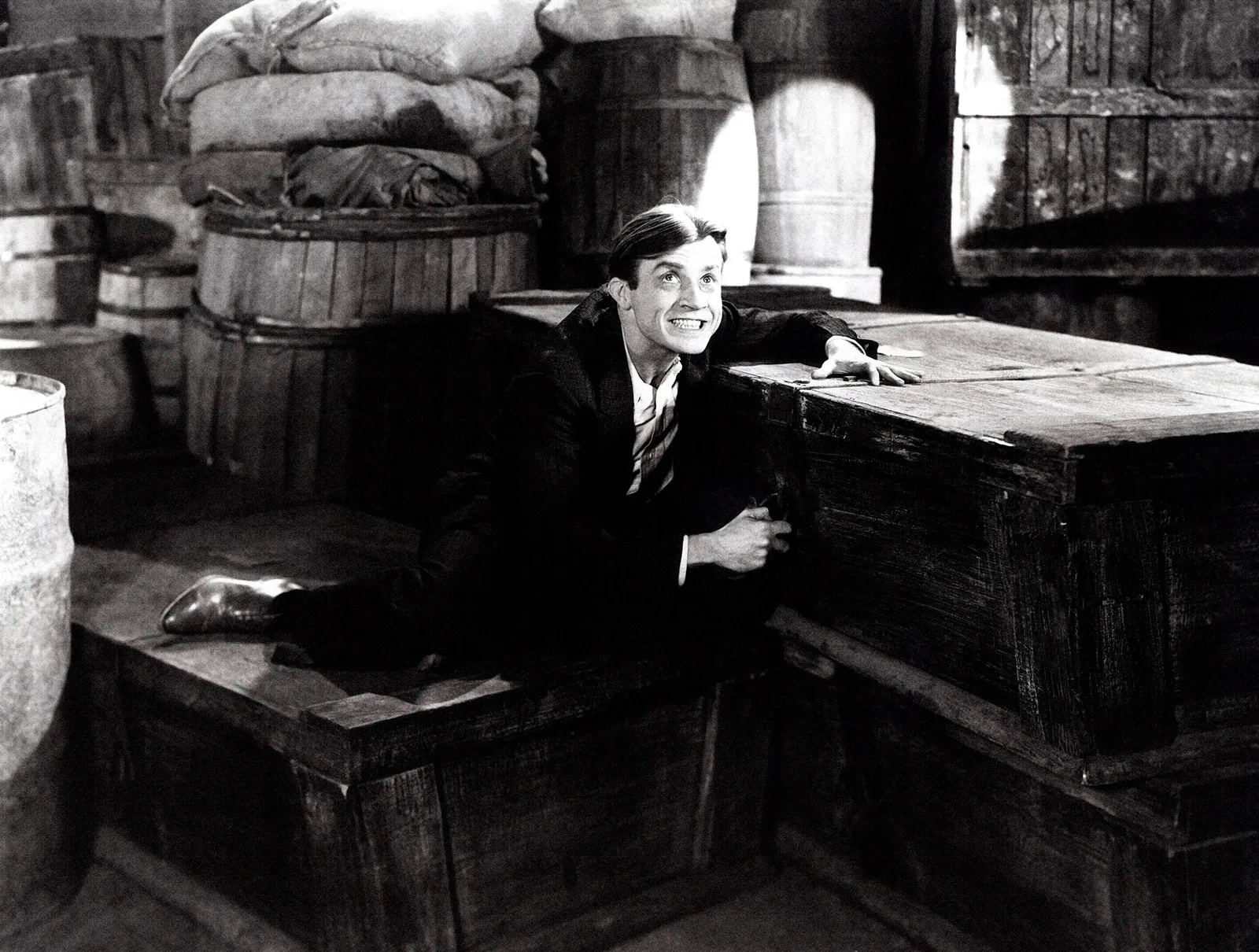Photo AI
Last Updated Sep 26, 2025
Other Key Characters Simplified Revision Notes for Leaving Cert English
Revision notes with simplified explanations to understand Other Key Characters quickly and effectively.
343+ students studying
Other Key Characters
Lucy Westenra
Overview
Lucy Westenra is a central character in Bram Stoker's "Dracula." She is a young, beautiful woman and Mina Murray's best friend. Lucy's character embodies the ideal Victorian woman—innocent, pure, and beloved by her suitors. Her transformation from a vivacious, charming young lady to a victim of Dracula's predation is a poignant and tragic arc in the novel, catalysing the novel's exploration of the supernatural and the vulnerability of innocence.

Key Plot Moments
Receiving Multiple Marriage Proposals
- Lucy receives proposals from Arthur Holmwood, Dr John Seward, and Quincey Morris.
- This event highlights her attractiveness and the high regard in which she is held by those around her.
Engagement with Arthur Holmwood
- Lucy accepts Arthur's proposal, setting the stage for the emotional stakes of her subsequent illness and transformation.
- This moment underscores her connection to the main group of characters.
Succumbing to Dracula's Influence
- Lucy begins to suffer from unexplained illnesses and sleepwalking episodes.
- This marks the beginning of her transformation and the novel's deeper dive into the supernatural.
Multiple Blood Transfusions
- Lucy receives several blood transfusions from her suitors and Dr. Van Helsing in an attempt to save her.
- These moments highlight the desperation and love of those around her, as well as the novel's themes of sacrifice and medical intervention.
Transformation into a Vampire and Final Death
- Lucy ultimately transforms into a vampire and is later destroyed by Arthur and the others to save her soul.
- This tragic turn is pivotal in the novel, emphasising the horrors of vampirism and the necessity of confronting evil.
Key Themes
Innocence and Corruption
- Lucy's transformation from an innocent young woman to a vampire highlights the theme of corruption by evil forces.
- Her character arc illustrates the vulnerability of purity in the face of malevolent influences.
Victorian Gender Roles
- Lucy embodies the ideal Victorian woman, and her downfall serves as a critique of the societal expectations placed on women.
- Her fate underscores the fragility of the Victorian ideal of femininity.
The Supernatural
- Lucy's experiences with Dracula bring the supernatural elements of the novel to the forefront.
- Her character's journey serves as a lens through which the novel explores the impact of the supernatural on ordinary lives.
Key Quotes
"I think I must have been asleep and dreaming. I hope I have not been doing anything foolish."
- This quote captures Lucy's initial innocence and unawareness of the supernatural danger she faces.
- It also foreshadows her eventual victimization by Dracula.
"Arthur! Oh, my love, I am so glad you have come! Kiss me!"
- Lucy's plea to Arthur highlights her deep affection and reliance on him, making her transformation all the more tragic.
- It illustrates her vulnerability and the emotional stakes involved in her illness.
"I feel I am dying of weakness, and have barely strength to write, but it must be done if I die in the doing."
- This quote shows Lucy's awareness of her deteriorating condition and her determination to communicate despite her weakness.
- It underscores the theme of helplessness in the face of supernatural forces.
"Come to me, Arthur. Leave these others and come to me. My arms are hungry for you. Come, and we can rest together. Come, my husband, come!"
- As a vampire, Lucy's seductive and predatory nature is revealed, contrasting sharply with her previous innocence.
- This quote highlights the corruption of her character and the horror of her transformation.
"Her eyes blazed with unholy light, and I could see the moisture shining on the red lips and the white sharp teeth, just like pearls in an oyster."
- This description of vampire Lucy emphasises her unnatural and terrifying transformation.
- It captures the visual horror of her new form and the loss of her former purity.
Swales
Overview
Swales is a minor but significant character in Bram Stoker's "Dracula." An elderly resident of Whitby, he provides local colour and folklore to the story. Swales' interactions with Mina and Lucy add depth to the setting and foreshadow the ominous events that follow. His character embodies the traditional wisdom and superstition of the rural population, offering a contrast to the more rational and modern characters.

Key Plot Moments
Introduction and Conversations with Mina and Lucy
- Swales is introduced when Mina and Lucy encounter him in Whitby.
- His stories and superstitions set the tone for the eerie atmosphere of the novel.
Tales of Goblins and Ghouls
- Swales shares local legends and ghost stories with Mina and Lucy.
- This moment foreshadows the supernatural events that will unfold.
Skepticism about Graves and Tombstones
- Swales expresses his belief that tombstones are unnecessary and hypocritical.
- This perspective adds a layer of commentary on Victorian attitudes toward death and remembrance.
Swales Senses Something Wrong
- He hints at a feeling of unease and foreboding, sensing that something terrible has arrived in Whitby.
- This moment foreshadows Dracula's arrival and the ensuing horror.
Discovery of the Strange Ship
- Swales is present when Mina and others discover the mysterious ship that arrives in Whitby.
- His reaction underscores the supernatural threat posed by Dracula.
Key Themes
Folklore and Superstition
- Swales embodies the theme of traditional folklore and superstition, providing a counterpoint to the rationality of other characters.
- His stories highlight the cultural backdrop against which the novel's events unfold.
Death and Remembrance
- Swales' skepticism about graves and tombstones reflects a critical view of Victorian customs surrounding death.
- His character challenges the reader to consider the true meaning and purpose of memorials.
Foreshadowing
- Swales' feelings of unease and his stories serve as foreshadowing for the novel's supernatural elements.
- His character is a harbinger of the terror that Dracula brings.
Key Quotes
"There be things that be like the old feller vogied about in the Bible."
- Swales' dialogue is filled with local dialect and superstition, highlighting his role as a bearer of folklore.
- This quote emphasises his connection to traditional beliefs and the supernatural.
"They be all God's children."
- Swales' view on graves reflects his broader philosophical perspective on life and death.
- It underscores his belief in the equality and unity of all people in death.
"Tombstones be all 'ere to stand against."
- Swales critiques the use of tombstones, suggesting they are more about social status than genuine remembrance.
- This quote challenges Victorian norms and highlights the theme of death and memory.
"Something has come into this place. It may be the devil."
- Swales senses an evil presence, foreshadowing the arrival of Dracula.
- His intuition adds to the novel's suspense and eerie atmosphere.
"There be something in that wind, and in the 'oller voice, that awarn me to-night."
- This quote captures Swales' sense of foreboding and his connection to the natural and supernatural world.
- It enhances the tension and foreshadows the horrors to come.
Renfield
Overview
Renfield is a complex and pivotal character in Bram Stoker's "Dracula." A patient in Dr. Seward's asylum, Renfield exhibits a deep obsession with consuming life to gain strength, manifesting in his collection and consumption of insects, birds, and other small creatures. His behavior is closely linked to Dracula's influence, making him an important figure in understanding the Count's power and the novel's themes of madness and control.

Key Plot Moments
Introduction and Initial Observations
- Dr. Seward introduces Renfield as a patient exhibiting peculiar behavior, primarily his obsession with consuming living creatures.
- This initial characterization sets the stage for Renfield's deeper connection to Dracula.
Collecting and Consuming Animals
- Renfield's collection of flies, spiders, and birds, and his belief in consuming their life force, becomes a recurring theme.
- This behavior highlights his obsession with life and foreshadows his link to Dracula.
Renfield's Interactions with Dracula
- Renfield exhibits heightened agitation and reverence when Dracula is near, indicating a supernatural connection.
- These moments reveal the extent of Dracula's influence over him.
Plea for Release
- Renfield begs Dr. Seward to release him, warning him of the danger he senses from Dracula.
- This plea underscores his awareness of the supernatural threat and his desperation to escape it.
Renfield's Death
- Renfield is mortally wounded by Dracula after attempting to thwart his plans.
- His death is a tragic culmination of his struggle and highlights the novel's themes of sacrifice and madness.
Key Themes
Madness and Sanity
- Renfield's behavior blurs the line between madness and sanity, raising questions about the nature of his obsession and its connection to Dracula.
- His character explores the theme of mental illness and its perception in Victorian society.
Life and Death
- Renfield's obsession with consuming life to gain strength reflects the novel's exploration of life, death, and the supernatural.
- His actions symbolise a perverse inversion of the natural order.
Control and Influence
- Renfield's interactions with Dracula illustrate the Count's ability to control and influence others.
- His character highlights the theme of dominance and submission central to the novel's depiction of vampirism.
Key Quotes
"I am here to do your bidding, Master. I am your slave, and you will reward me."
- This quote reveals Renfield's submission to Dracula, indicating a supernatural bond and his desire for reward.
- It highlights the theme of control and the power dynamics between Dracula and his followers.
"The blood is the life!"
- Renfield's obsession with blood underscores the novel's exploration of life and death.
- This quote encapsulates his belief in the power of consuming life force, linking him directly to Dracula's vampiric nature.
"I want no souls. Life is all I want."
- Renfield's focus on life rather than souls differentiates his madness from traditional religious or moral concerns.
- It emphasises his singular obsession with vitality and survival.
"There is something that would make me as mad as the moonlight is over the snow."
- This quote reflects Renfield's awareness of his madness and the supernatural influences affecting him.
- It adds to the novel's atmospheric tension and the theme of insanity.
"I tried to save her, but I could not."
- Renfield's remorseful acknowledgment of his failure to save Mina highlights his internal conflict and tragic fate.
- This quote underscores his struggle between submission to Dracula and his desire to do good, illustrating the complexity of his character.
500K+ Students Use These Powerful Tools to Master Other Key Characters For their Leaving Cert Exams.
Enhance your understanding with flashcards, quizzes, and exams—designed to help you grasp key concepts, reinforce learning, and master any topic with confidence!
230 flashcards
Flashcards on Other Key Characters
Revise key concepts with interactive flashcards.
Try English Flashcards23 quizzes
Quizzes on Other Key Characters
Test your knowledge with fun and engaging quizzes.
Try English Quizzes4 questions
Exam questions on Other Key Characters
Boost your confidence with real exam questions.
Try English Questions27 exams created
Exam Builder on Other Key Characters
Create custom exams across topics for better practice!
Try English exam builder148 papers
Past Papers on Other Key Characters
Practice past papers to reinforce exam experience.
Try English Past PapersOther Revision Notes related to Other Key Characters you should explore
Discover More Revision Notes Related to Other Key Characters to Deepen Your Understanding and Improve Your Mastery
